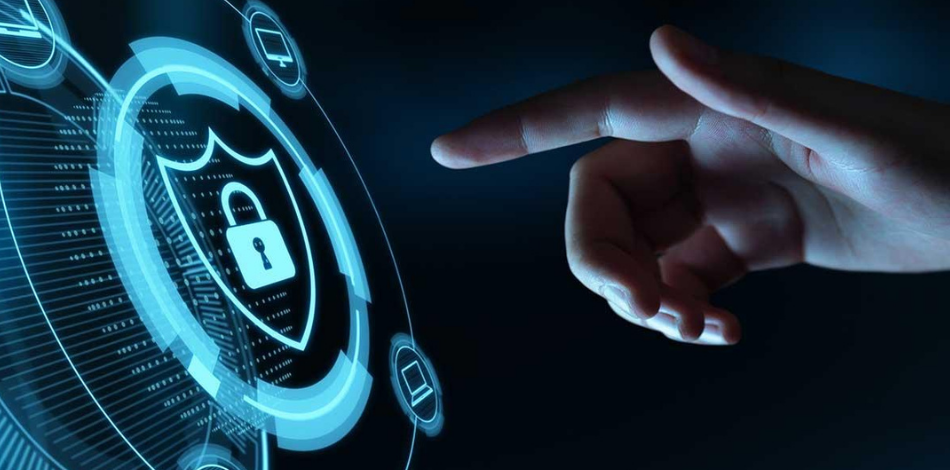

Sensitising Cyber Security
Cybersecurity has never been more important than it is now and educating students about it has never been more trivial than now and here is why;
With the Covid-19 outbreak and all means of life shifting online, the number of users exposed to cyberattacks and bullying has increased exponentially. A working women/man spends on an average 12hours a day moving sensitive information to and fro over the internet. An average student spends at least 6 hours a day studying and attending classes online and with the education shifting to an online mode, students feel the rush to adopt to e-learning giving cybercriminals plenty of opportunities to defraud schools, steal sensitive information or deploy schemes that extract ransom money.

A recent study by FBI’s Internet Crime Compliant Centre states that attackers are also taking advantage of the virtual environments chosen by the schools. Microsoft’s Global Threat Activity Tracker reported more than 8 million malware incidents in the span of one month ( July to august 2020) of which the education industry was found to be the most effected one.
The other industry that was effected in great numbers was youngsters on social media. With all outdoor activities in a pause, students and youngsters found themselves stuck to their social media handles in alarmingly high rates. On an average, a teen “social networker” spends about 9.5 hours a day looking at media, of which 3hours 17minutes is spent on social media. The more the cumulative online activity of these younglings, the more the scope for cyberattacks and the more the importance of cybersecurity.
With all our lives taking an inevitable, steeper drop into a world that is run online, the need for educating young minds and adults about cybersecurity is no longer an option.
Informing and sensitising students about the various kinds of cyberattacks, educating them on how to follow clean practices while online and how to protect oneself from being attacked are some of the primary motives of WiCSP. While online learning and activities provides with so many positives, it is important to be cautious of the negatives it brings along and to strengthen cybersecurity defences.
Cyberattacks, although alarming, they definitely are containable and avoidable. Together, let us educate ourselves and our students to a clean and a positive online experience.
A tip from WiCSP:
Here are some of the most common cyberattacks faced by students and young web users:
- Cyber Predators: Adults who exploit internet
- Malware: Tricking victims into downloading softwares that contain dangerous contents
- Malicious Ads:Ads that spread a variety of unwanted messages and spam.
- Identity Theft: Stealing identities and credit history.
- Online Gaming: A possibility for phishing scams, viruses and harassment.
Here is how you can protect yourself:
- Include strict passwords and protection policies.
- Monitor and communicate any suspicious activity to an adult or any other responsible party.
- Always protect your identity and location
- Use a secure WiFi
